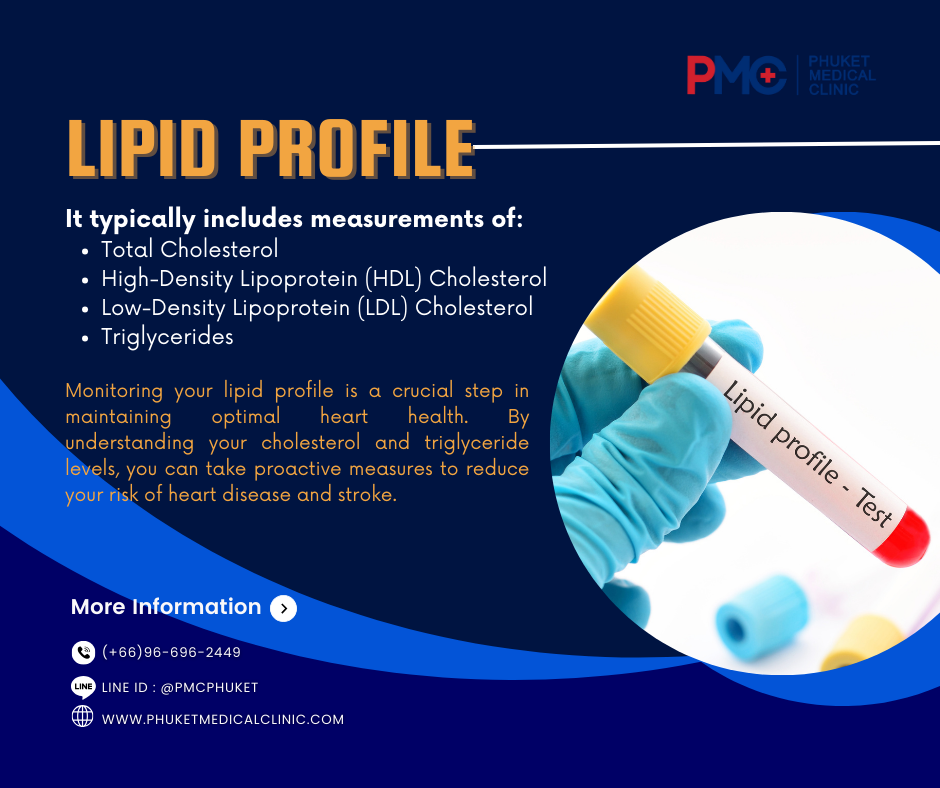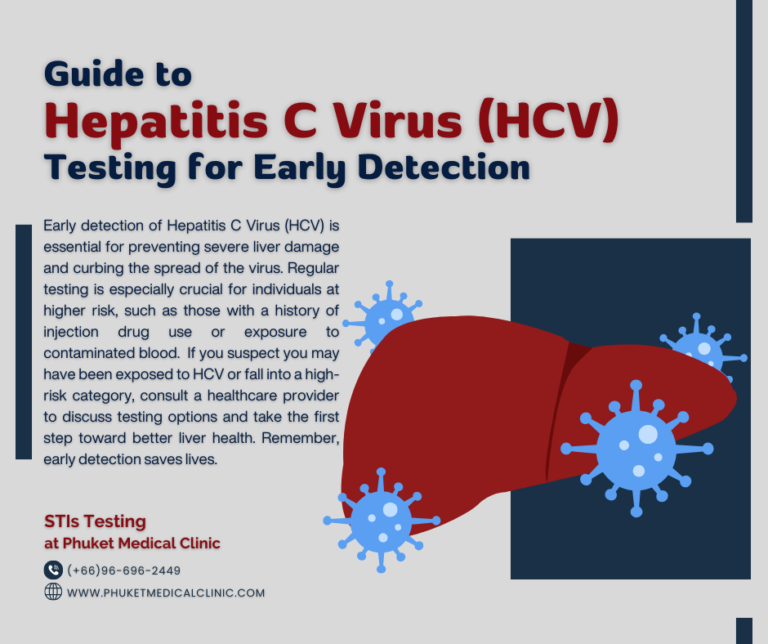Maintaining good health is a goal that everyone strives for, and a crucial aspect of overall well-being is monitoring your lipid profile. Lipid profile, also known as a cholesterol blood test, provides essential information about the fats in your blood. In this article, we’ll delve into the importance of lipid profiles, what they measure, and how you can optimize your lipid profile for better health.
What Is a Lipid Profile?
A lipid profile is a blood test that measures various types of fats, or lipids, in your bloodstream. It typically includes measurements of:
- Total Cholesterol: This is the sum of all cholesterol in your blood, including low-density lipoprotein (LDL) and high-density lipoprotein (HDL) cholesterol.
- Low-Density Lipoprotein (LDL) Cholesterol: Often referred to as “bad” cholesterol, high levels of LDL cholesterol are associated with an increased risk of heart disease.
- High-Density Lipoprotein (HDL) Cholesterol: Known as “good” cholesterol, higher levels of HDL cholesterol are linked to a reduced risk of heart disease.
- Triglycerides: These are a type of fat found in your blood. Elevated triglyceride levels can also increase your risk of heart disease.

Why Is It Important?
Understanding your lipid profile is crucial for several reasons:
- Heart Health: Elevated LDL cholesterol and triglyceride levels can increase your risk of heart disease, a leading cause of death worldwide.
- Stroke Prevention: High cholesterol levels can contribute to the formation of blood clots, increasing the risk of strokes.
- Diet and Lifestyle Guidance: Knowing your lipid profile can help you and your healthcare provider make informed decisions about diet, exercise, and medication if necessary.
- Preventative Care: Early detection of abnormal lipid levels allows for proactive measures to prevent serious health issues down the line.
How to Maintain a Healthy Lipid Profile
- Eat a Heart-Healthy Diet: Focus on a diet rich in fruits, vegetables, whole grains, and lean proteins. Limit saturated and trans fats, found in red meat and processed foods.
- Regular Exercise: Engaging in physical activity for at least 150 minutes a week can help raise HDL cholesterol and lower triglycerides.
- Limit Alcohol: Excessive alcohol consumption can raise triglyceride levels. If you drink, do so in moderation.
- Avoid Smoking: Smoking can lower HDL cholesterol and increase the risk of heart disease. Quitting smoking is essential for heart health.
- Medication: In some cases, medication may be prescribed by your healthcare provider to manage high cholesterol or triglyceride levels.
Monitoring your lipid profile is a crucial step in maintaining optimal heart health. By understanding your cholesterol and triglyceride levels, you can take proactive measures to reduce your risk of heart disease and stroke. Embrace a heart-healthy lifestyle that includes a balanced diet, regular exercise, and avoidance of harmful habits to keep your lipid profile in check and enjoy a healthier, longer life. Remember to consult your healthcare provider for personalized guidance and recommendations based on your unique lipid profile.
Lipid Profile at Phuket Medical Clinic
Phuket Medical Clinic : Close, Expert Care. Dedicated Medical Professionals and Skilled Team providing Consultation and Treatment. Walk-in or Scheduled Appointments for Convenient and Efficient Services.
Book an appointment online : https://phuketmedicalclinic.youcanbook.me
Daily Open 🕙 10:00-18:00
Contact number ☎️ 096-696-2449
Line id : @pmcphuket or https://lin.ee/R1TKRDo
Map 📌https://goo.gl/maps/xu45eTQUTjgpukJa7
Website 🌐https://pmcclinicphuket.com
Feel free to consult with a doctor or ask further questions anytime.
Inbox : m.me/100483916443107
#healthcareclinic #คลินิกภูเก็ต
Phuket #Clinic #ภูเก็ตเมดิคอลคลินิก
#Phuketmedicalclinic






